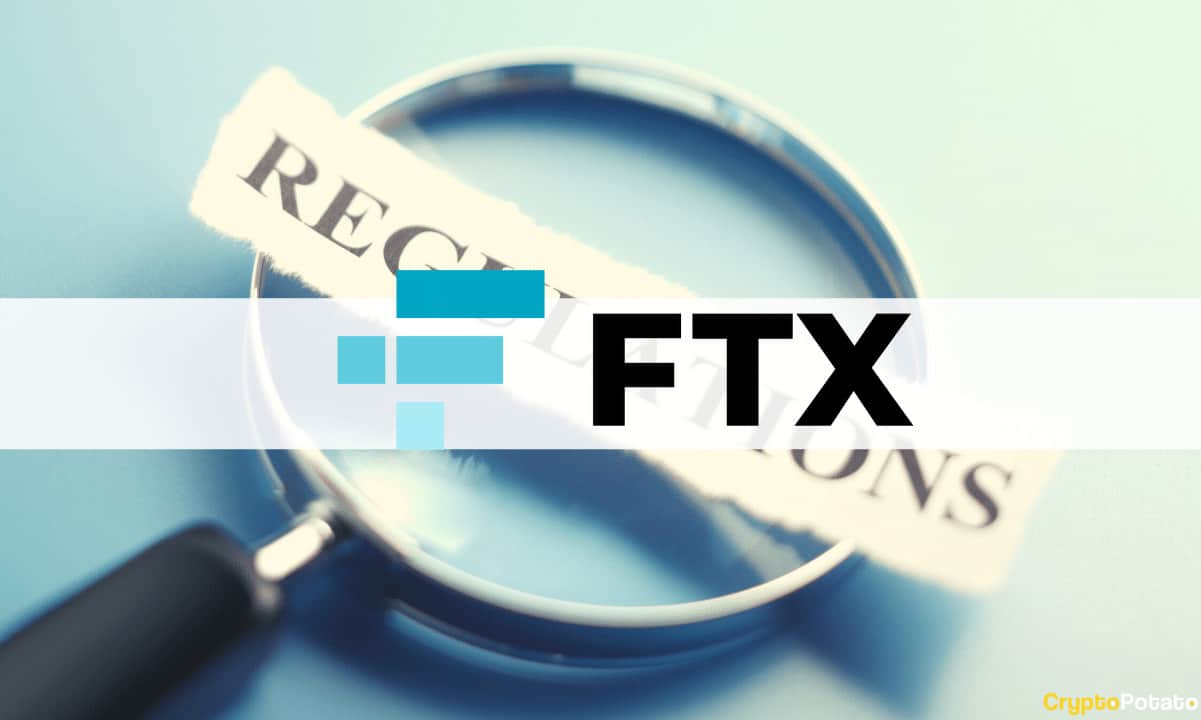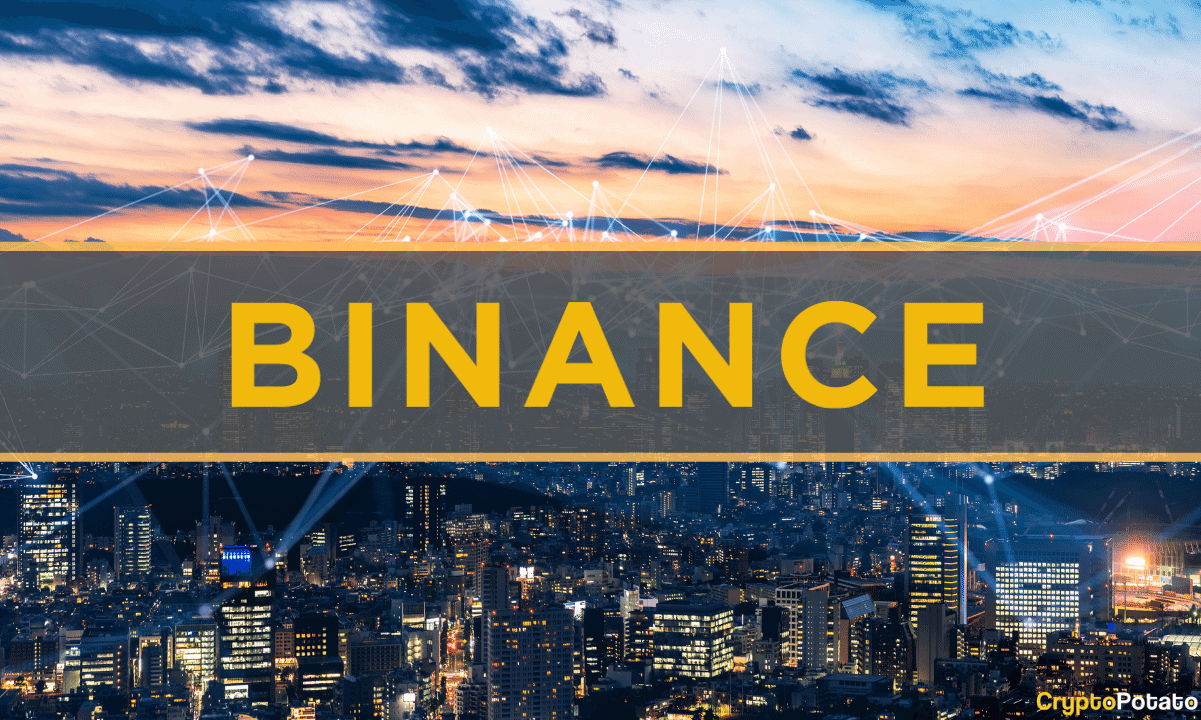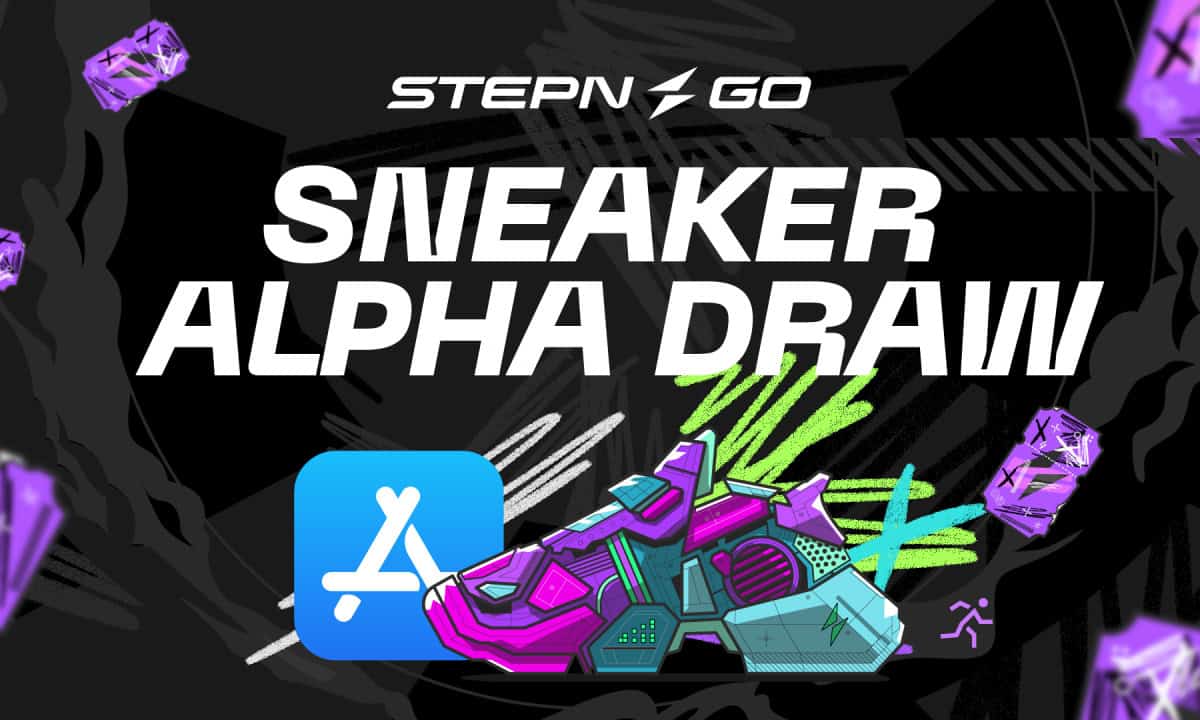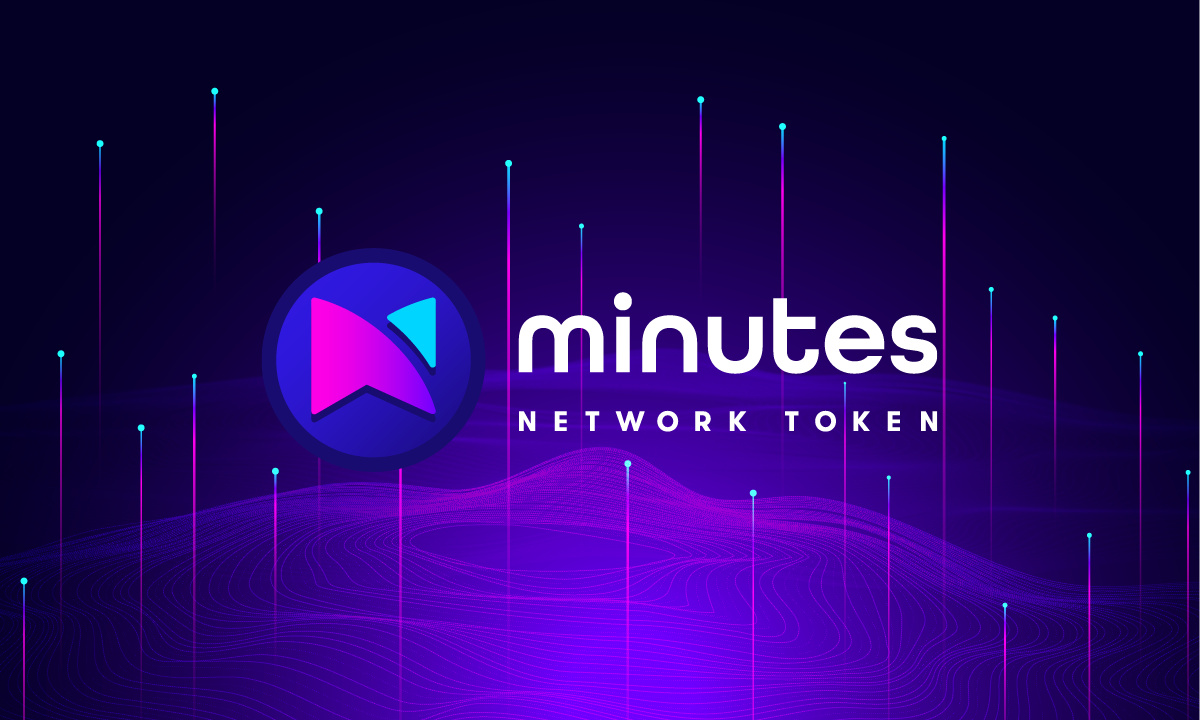Steemit Social Network Bans Users Amid Censorship Resistance
TL; DR
- Steemit bans user account ‘thedarklord’ for attempting to leak documents exposing ‘truths’ about 9/11
- The decision to censor account is faced with a backlash from users who claim Steemit went against their core value proposition to be censorship resistant and promote free speech
- Steemit blockchain utilizes a proof of stake consensus protocol, which naturally makes it prone to centralized decision making
As we’ve discussed in the past, one of the most advertised benefits of the blockchain is its ability to prevent government censorship or any censorship from centralized organizations. To that end, many saw Steemit as the solution to the growing abuse of power by platforms like Facebook Google and Twitter, who time and time again have bowed down to the will of advertisers by censoring any user who shared even mildly controversial content.
Steemit, a decentralized social network promoted itself as being the censorship-resistant alternative to Facebook. According to recent reports, it appears that the platform has failed to uphold this core value proposition.
9/11 conspiracies violate Steemit’s ‘terms of service’
‘Thedarkoverlord’ is an account that belongs to a hacker group that has been trying to publish leaked documents that they claim expose hidden ‘truths’ about 9/11.
The group had previously tried to publish the documents on centralized platforms like Pastebin, Reddit, and Twitter. Predictably, those platforms all banned their accounts (apparently due to pressure from Government agencies).
Seeing as how they would never get their content published on centralized social media sites, the group thought that they would try their luck on a decentralized platform like Steemit. To their surprise, Steemit also banned them on January 7th due to a TOS violation.
The ban action itself wad made by Steemit developer RedBeard and can be seen on Steemit GitHub account. RedBeard added thedarkoverlord username into a list that is located on a file called GDPRUserList.
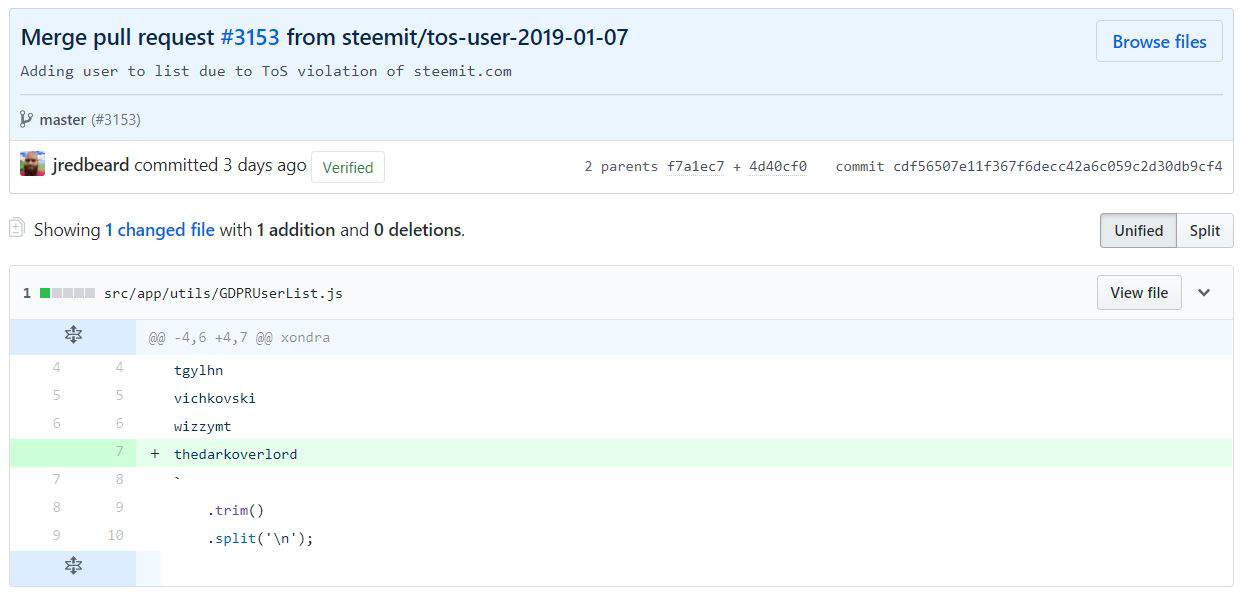
Whether or not you agree with the methods by which this group attained and has threatened to expose this information, the fact remains that according to Steemit’s original promise to uphold censorship resistance, thedarkoverlord account should be entirely free to publish their findings without being banned.
User ban contradicts Steemit’s promises in the original white paper
To clarify, thedarkoverlord was only banned from the front-end interface to the Steemit Blockchain, meaning that although his content can no longer be viewed on the Steemit website, it can be seen on other front end interfaces connected to the Steem blockchain, like Busy.org. This in no way excuses the fact that Steemit has blatantly gone against the promises made in their original white paper:
“Steem is a decentralized network that is operated by witnesses in jurisdictions around the world. All user actions are publicly recorded on the blockchain, and can be publicly verified. This means that there is no single entity that can censor content that is valued by STEEM holders.”
As one would expect, Steemit users were angered by the censorship and expressed their grievances on Reddit and on the Github commit page as well.
How was censorship possible on a ‘decentralized’ social media platform?
Although Steem claims to be a decentralized platform, the reality is that their consensus protocol is much more prone to centralization than truly decentralized Blockchains like Bitcoin.
Steemit’s use of the proof of stake consensus protocol exposes them to situations where specific stakeholders can make decisions without full consensus from the community. This is a flaw that other proof of stake Blockchains like Ethereum are also exposed to. We are not sure if the decision to ban thedarklord was made by a Steemit user (or group of users) who staked a disproportionate amount of Steem tokens compared to other delegates. However, the rules of proof of stake most certainly allow for such a scenario to occur, which compromises the entire value proposition of Steem as a censorship resistance social media platform.
Ultimately, Steemit may have to make some drastic changes to their protocol and terms of service to regain users trust. As the market sentiment around cryptocurrencies remains bearish, Altcoins like Steemit don’t need any more reasons for their remaining holders to dump them.
The post Steemit Social Network Bans Users Amid Censorship Resistance appeared first on CryptoPotato.





